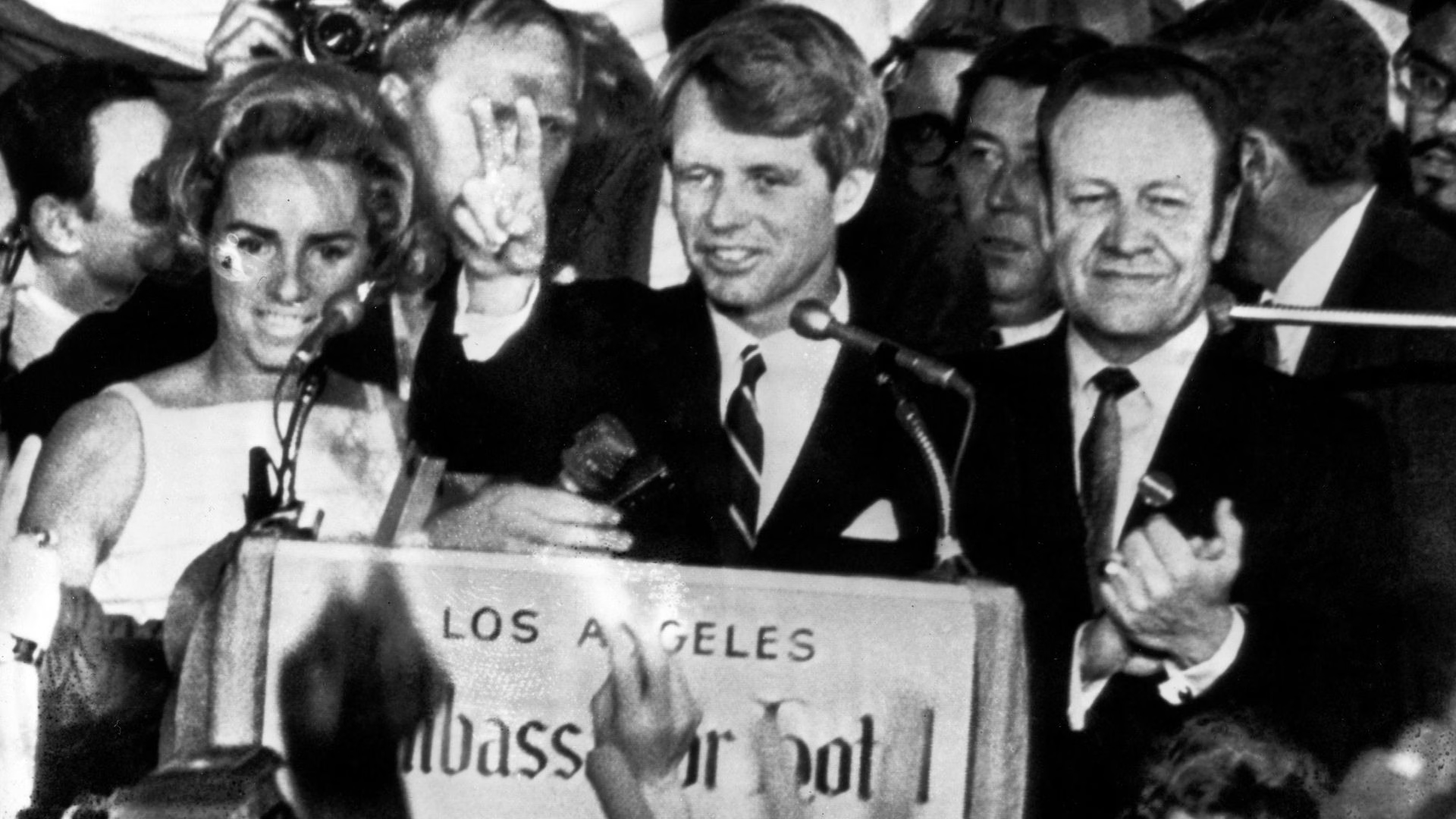U.S. Virgin Islands — In a formal correspondence submitted to the Office of the United States Trade Representative (USTR), Governor Albert Bryan Jr. has raised serious concerns regarding the unintended consequences of a proposed federal measure that would impose steep service fees—up to $1.5 million—on Chinese-built ships docking in U.S. ports. The Governor’s letter, addressed to Ambassador Jamieson Greer, emphasizes the adverse and disproportionate impact such a policy would have on the people of the U.S. Virgin Islands.
While the Bryan-Roach Administration supports the federal government’s commitment to strengthening American maritime industries and reducing dependence on Chinese manufacturing, Governor Bryan is urging federal officials to ensure that the unique economic realities and supply chain vulnerabilities of the U.S. territories—particularly the U.S. Virgin Islands—are not overlooked.
“We applaud the administration’s America First Trade Policy and the effort to protect domestic industries,” Governor Bryan wrote. “However, as an island territory that relies on maritime resupply for our very survival, we must call attention to the outsized and harmful impact this policy would have on our people.”
Over 95% of the food, medicine, construction supplies, and other essentials consumed by Virgin Islanders are imported, primarily from ports in Florida aboard vessels that, by necessity, are smaller, shallow-draft ships—many of which are currently Chinese-built. These specialized vessels are uniquely suited to navigating the waters and port conditions of the Virgin Islands and cannot be quickly replaced in the short term.
Under the proposed rule, these smaller vessels would face exorbitantly higher per-container fees—up to $3,750 per twenty-foot equivalent unit (TEU)—compared to ultra-large container ships operated by Chinese carriers, which would be charged just $65 per TEU. This disparity could result in a 250% increase in shipping costs for Virgin Islanders, dramatically inflating the price of basic necessities in a community already burdened by high living costs and economic hardship.
To mitigate this inequity, Governor Bryan has proposed two common-sense solutions:
1. Exempt Small, Near-Shore Vessels: Specifically, ships under 1,100 TEU and 21,000 deadweight tonnage that operate short-haul routes between the mainland U.S. and the Virgin Islands.
2. Exempt Near-Shore Caribbean Voyages: Recognizing that U.S.-to-U.S. port voyages should not be classified as “international maritime transport,” Governor Bryan urged the exemption of regional routes, including those servicing ports within the Caribbean Basin Economic Recovery Act (CBERA) area.
“These proposed exemptions are not only consistent with the spirit and intent of the rule, but they are necessary to prevent catastrophic economic repercussions for the 87,000 Americans living in the U.S. Virgin Islands,” Governor Bryan stated. “We must not allow a policy aimed at curbing foreign dominance to inadvertently penalize Americans in the territories.”
The Governor has expressed his willingness to work closely with the USTR to ensure that federal trade policies are both effective and equitable. His letter represents a firm commitment to safeguarding the economic well-being of Virgin Islanders while advancing national priorities.
###
on Chinese-Built Vessels
U.S. Virgin Islands — In a formal correspondence submitted to the Office of the United States Trade Representative (USTR), Governor Albert Bryan Jr. has raised serious concerns regarding the unintended consequences of a proposed federal measure that would impose steep service fees—up to $1.5 million—on Chinese-built ships docking in U.S. ports. The Governor’s letter, addressed to Ambassador Jamieson Greer, emphasizes the adverse and disproportionate impact such a policy would have on the people of the U.S. Virgin Islands.
While the Bryan-Roach Administration supports the federal government’s commitment to strengthening American maritime industries and reducing dependence on Chinese manufacturing, Governor Bryan is urging federal officials to ensure that the unique economic realities and supply chain vulnerabilities of the U.S. territories—particularly the U.S. Virgin Islands—are not overlooked.
“We applaud the administration’s America First Trade Policy and the effort to protect domestic industries,” Governor Bryan wrote. “However, as an island territory that relies on maritime resupply for our very survival, we must call attention to the outsized and harmful impact this policy would have on our people.”
Over 95% of the food, medicine, construction supplies, and other essentials consumed by Virgin Islanders are imported, primarily from ports in Florida aboard vessels that, by necessity, are smaller, shallow-draft ships—many of which are currently Chinese-built. These specialized vessels are uniquely suited to navigating the waters and port conditions of the Virgin Islands and cannot be quickly replaced in the short term.
Under the proposed rule, these smaller vessels would face exorbitantly higher per-container fees—up to $3,750 per twenty-foot equivalent unit (TEU)—compared to ultra-large container ships operated by Chinese carriers, which would be charged just $65 per TEU. This disparity could result in a 250% increase in shipping costs for Virgin Islanders, dramatically inflating the price of basic necessities in a community already burdened by high living costs and economic hardship.
To mitigate this inequity, Governor Bryan has proposed two common-sense solutions:
1. Exempt Small, Near-Shore Vessels: Specifically, ships under 1,100 TEU and 21,000 deadweight tonnage that operate short-haul routes between the mainland U.S. and the Virgin Islands.
2. Exempt Near-Shore Caribbean Voyages: Recognizing that U.S.-to-U.S. port voyages should not be classified as “international maritime transport,” Governor Bryan urged the exemption of regional routes, including those servicing ports within the Caribbean Basin Economic Recovery Act (CBERA) area.
“These proposed exemptions are not only consistent with the spirit and intent of the rule, but they are necessary to prevent catastrophic economic repercussions for the 87,000 Americans living in the U.S. Virgin Islands,” Governor Bryan stated. “We must not allow a policy aimed at curbing foreign dominance to inadvertently penalize Americans in the territories.”
The Governor has expressed his willingness to work closely with the USTR to ensure that federal trade policies are both effective and equitable. His letter represents a firm commitment to safeguarding the economic well-being of Virgin Islanders while advancing national priorities.
###
The post Governor Bryan Urges U.S. Trade Representative to Protect Virgin Islands from Disproportionate Impact of Proposed Maritime Fee on Chinese-Built Vessels appeared first on Government of the United States Virgin Islands.
Government of the United States Virgin Islands


